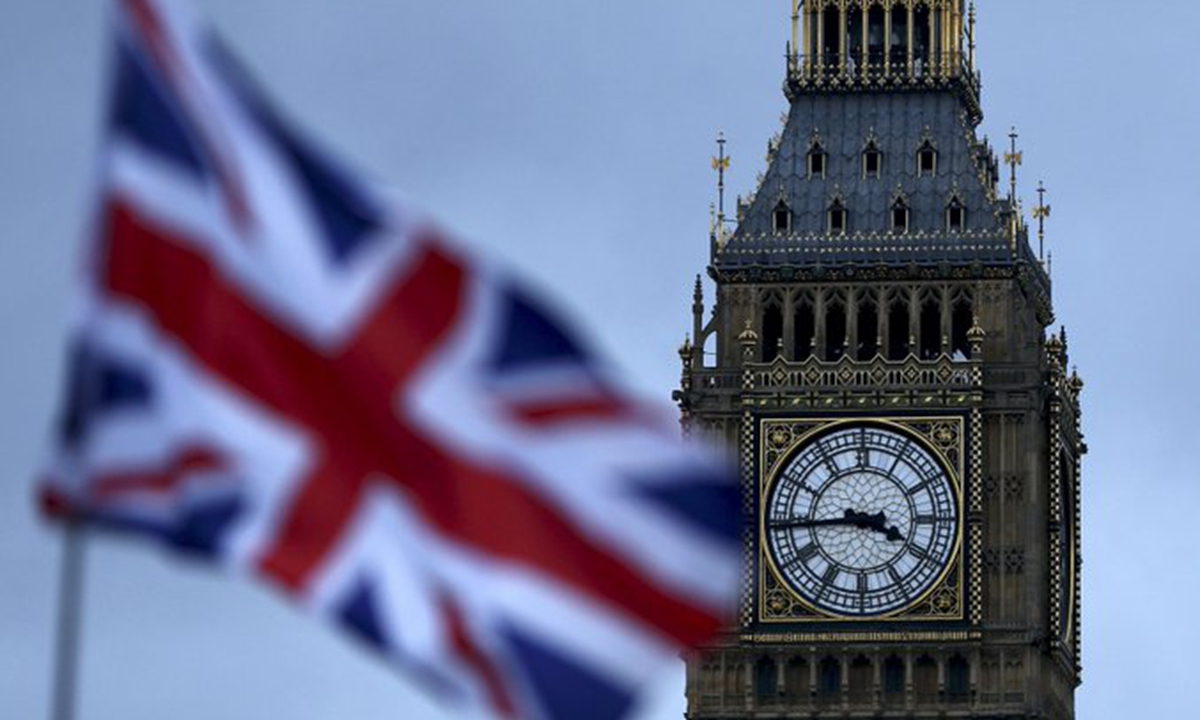
File photo
The UK has officially opened discussions on a potential accession with chief negotiators from the 11 members of the Comprehensive and Progressive Agreement for Trans-Pacific Partnership (CPTPP), the British government announced on Wednesday.
When International Trade Secretary Liz Truss referred the move of joining CPTPP as a "power signal" that the UK "is prepared to work with countries who champion free and fair trade," the British government may want to show its support for free trade as an independent country post-Brexit.
Yet, a country that truly believes in free trade will not go along with the US in discriminating against Chinese companies under the excuse of non-existent security risks, blatantly disregarding the market economy principles and free trade rules. Thus, to a certain extent, Britain's interest in joining the CPTPP seems to bear more symbolic implications than practical significance.
While the UK trade with CPTPP countries reached 112 billion pounds in 2019, with steady growth recorded since 2009, a simple comparison of the supposed roles of Britain and the US in the trade pact would tell the divide between Britain's needs and those of CPTPP members.
What CPTPP, following the US' withdrawal, needs most now is a huge export market alternative to the US, while the UK clearly hopes to take advantage of the tariff removal on 95 percent of the goods traded between its members to create new opportunities for UK exporters, according to the government announcement.
Moreover, Britain's industrial chain is not so closely linked to the Asia-Pacific region, which may somehow explain why no European country expressed interest in the CPTPP before. The regional trade partnership won't make any substantial difference to the trade of most European countries.
In this sense, the UK's interest in joining the CPTPP may underline its mess over post-Brexit trade arrangements. Britain has been prioritizing free trade deals with major trading partners as the focus of its foreign trade policy, but its ambition for an independent trade network post-Brexit may not always match its competence. With the clock ticking on its Brexit transition period, it hasn't inked any trade agreement yet.
According to media reports, the UK and the EU started emergency talks as there is increasing possibility for a no-deal Brexit. A UK-Japan free trade deal was once reportedly very likely to be signed within weeks, but fresh dispute appears to have emerged over agricultural products. With no bird in the hand, no wonder the UK government started trying their luck everywhere like a frightened chicken.
There is no time to waste on flaunting its independence or free trade belief. If the UK really cares about its post-Brexit trade prospect, it needs to get its EU deal done. And if it is still obsessed with its economic independence and its support for free trade, it should at least give Chinese companies fair treatment, which will be a much better demonstration than joining the CPTPP.



